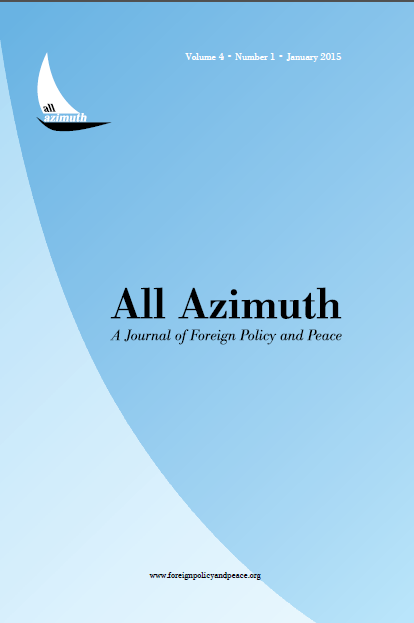
All Azimuth: A Journal of Foreign Policy and Peace
Yazarlar: Richard Ned Lebow, Simon Reich
Konular:Sosyal
DOI:10.20991/allazimuth.285155
Anahtar Kelimeler:Power,Influence,Hegemony,Realism,Liberalism,Sponsorship
Özet: Throughout the postwar era, many realists and liberals have maintained the fiction of American hegemony. They have described it as the keystone to global political and economic stability.1 They have also worried that US hegemony was in decline. In the 1970s, these fears were triggered by the resurgence of Germany and Japan, and in the last decade, by the remarkable rise of China. We contend that US hegemony, to the extent it ever existed, was a short-lived postwar phenomenon; that the US frequently behaved in ways that has threatened the order it is allegedly committed to upholding; that hegemony is unnecessary – perhaps inimical – to global stability; and that the functions associated with hegemony have in practice become increasingly diffused among the great powers. Conceptually, the commitment to hegemony stands in the way of our understanding of contemporary international relations. Substantively, it offers an inappropriate and unrealistic role model for American policymakers.
Dergi editörleri editör girişini kullanarak sisteme giriş yapabilirler. Editör girişi için tıklayınız.